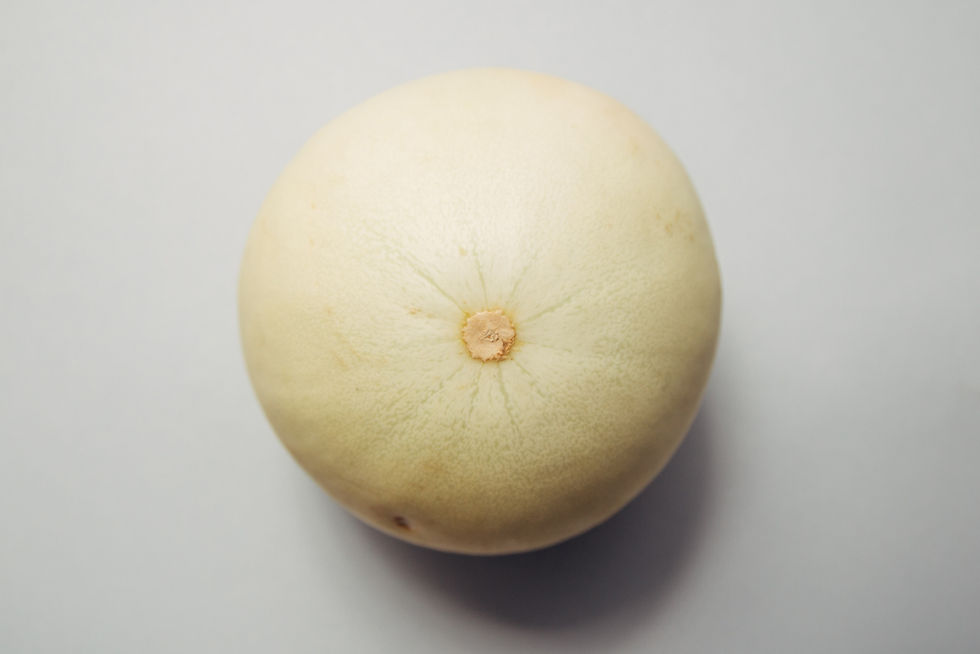Embracing the Unknown: Understanding Death as the Final Act of Life
- mamadsmaternitydou
- May 4, 2025
- 4 min read
Death is a natural part of life that many people struggle to confront. Terms like "the completion of the circle of life" or "crossing the rainbow" often pop up, providing comfort but may also downplay the serious nature of mortality. When people discuss death, a blend of fear, discomfort, and even humor often arises. Yet, death can be viewed as a culmination, a grand finale to our vibrant existence.
Many people fear discussing death, but this final moment captures all of our struggles, joys, tears, and triumphs. It reflects the experiences that shape us, the risks we took, and the lessons learned over the years. By viewing death as an essential part of life, we can shift our perspective from fear to acceptance.
The Cultural Context of Death
Different cultures have unique perspectives on death. In some, it's a transition to another existence, a celebration of life, while others may see it as the ultimate loss. For example, cultures in Mexico celebrate Día de los Muertos or Day of the Dead, where families gather to honor their departed loved ones, celebrating their memories with festive altars and joyful gatherings. In contrast, some Western societies often focus on loss and grief, generating fear and barriers to understanding mortality.
Recognizing diverse cultural perspectives on death can help ease this fear, guiding us toward a more holistic understanding of our lives and their inevitable end.
Acknowledging Our Mortality
Realizing that death is a part of life can enhance our appreciation for the time we have. Awareness of our mortality often prompts change. It encourages us to embrace passions, face fears, and build deeper connections.
For instance, studies show that more than 70% of people say that thinking about death motivates them to prioritize meaningful actions in life. When we accept that our time is limited, we often focus on what matters most, leading to more authentic living and cherishing every moment.
Embracing Life's Contrasts
Life is filled with contrasts: joy and sorrow, triumph and failure, love and heartache. Death embodies these contrasts and invites reflection on our experiences.
Consider this: many people report feeling a sense of growth after facing loss. For instance, a person grieving the passing of a mentor might find the motivation to pursue their own dreams, turning sorrow into opportunity. Engaging with our mortality can free us from the fears holding us back, allowing us to embrace the richness of life.
Living Fully Until the End
Adopting a mindset that sees death as the ultimate act of life allows us to live fully. Letting go of the fear surrounding dying can heighten our appreciation for experiences. Whether it's chasing dreams, nurturing relationships, or simply enjoying nature's beauty, the awareness of mortality infuses our lives with urgency and purpose.
A poignant survey indicates that 85% of people wish they had focused on meaningful experiences over material possessions. Understanding that each day is a gift encourages us to seize the moment, making the most of our time.
The Role of Grief
Grief is a natural, albeit painful, response to loss. When we part ways with loved ones, their absence can feel overwhelming. Yet grief is also a profound form of love that underscores the connection we shared.
For example, many people find solace in sharing memories during memorial services, transforming grief into collective celebration. Navigating feelings around death can foster empathy, enriching our relationships. Embracing the cycle of life and death can help us grieve effectively, making room for healing and deeper understanding.
Finding Meaning in Mortality
Contemplating death doesn’t have to be grim. Many discover profound meaning and purpose in reflection on life’s end. Engaging with this idea can lead to powerful conversations about values and priorities, strengthening connections with others.
In support groups, individuals often share their fears and hopes concerning death, creating a safe space for open dialogue. These discussions can offer comfort and clarity, revealing the shared humanity in our experiences.
The Final Score
Death is not merely an ending; it is the concluding notes in the symphony of our lives. It embodies every moment—triumphs and failures, joys and regrets. Viewing death in this way allows us to celebrate our existence and recognize that every note adds to the broader composition of our lives.
How we approach death can greatly influence how we live. By welcoming the unknown and accepting death as a natural component of the journey, we cultivate wisdom that inspires authentic and fearless living.
Embracing the Concept of Mortality
Understanding death as the final act of life encourages us to rethink our relationship with mortality. Instead of fearing it, we can view it as an essential part of our reality. This shift allows us to unlock a deeper appreciation for life’s fleeting beauty, paving the way for more meaningful connections and intentional living.
Let us remember that every moment matters, culminating in the final score of our lives. Shift the narrative surrounding death from one of fear to one of acceptance—a celebration of life, love, and the stories that bind us together.



Comments